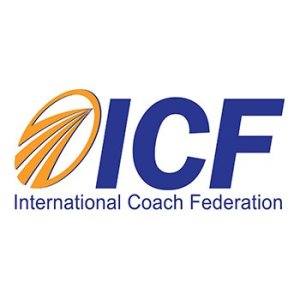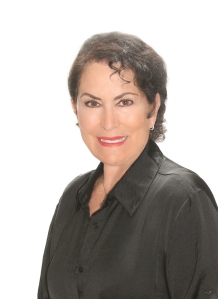
Image: coachfederation.org
An experienced healthcare industry administrator who holds a PhD in psychology/geropsychology from the Union Institute & University in Cincinnati, Ohio, Sandra Schiff has served as president of Health Mate, Inc., since 1999. Her duties with the West Bloomfield, Michigan, organization include overseeing a wide range of consultation, training, coaching, project management, and business development functions. Sandra Schiff holds active membership in the International Coaching Federation (ICF).
In addition to providing a wide range of official coaching accreditations, the ICF does its part to raise public awareness and support of the coaching profession through initiatives such as International Coaching Week. This week-long global celebration engages ICF chapters around the world, asking them to participate by holding special local events.
International Coaching Week is also an opportunity for individual coaches to spearhead community activities and offer pro bono services in an effort to demonstrate the impact of coaching on the general population. The most recent International Coaching Week took place May 15 through 21, 2017.



